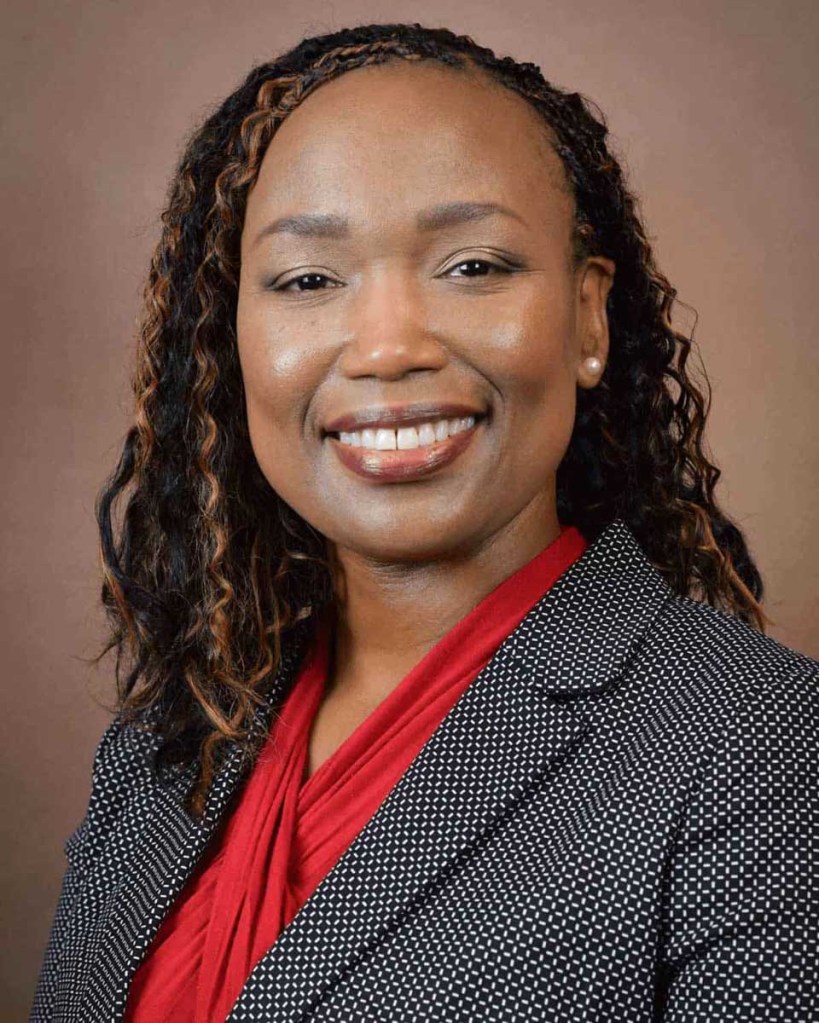Systemic inequalities make COVID-19 worse for minorities, doctor says
Published 5:21 pm Monday, June 22, 2020

- Dr. Stacie Fairley.
MOULTRIE, Ga. — Dr. Stacie Fairley grew up in the small, rural town of Collins, Mississippi. It took her and her family 30 minutes just to get to the nearest doctor.
And that doctor also served as the local veterinarian.
“Forget an ambulance coming out and trying to find out where we’re at,” she said. “We had to get in the car and go see the physician.”
The access to care wasn’t there when Fairley was young, and in some places it still isn’t.
This contributes to the underlying diseases — such as diabetes and hypertension — within those communities. Residents can’t even afford to go to the doctor in some cases.
So, when we talk about the issues that rural communities may go through in getting steady access to care, Fairley said, we also have to talk about the systemic racism and inequalities within that system.
“That’s a whole other layer that has added to, exacerbated and is being highlighted as a result of this pandemic,” she said.
Black, Hispanic, Native American and immigrant communities were already receiving disproportionate healthcare before the pandemic hit, but that lack is further exacerbated now, said Fairley, an instructor at the South Georgia campus of the Philadelphia College of Osteopathic Medicine.
Fairley presented information about system inequalities as part of a presentation to her colleagues on May 21, “COVID-19 and Its impact on Rural Communities,” which cited data from Wisconsin and Missouri COVID-19 research.
“In Milwaukee, Wisconsin, 75 percent of COVID-19 related deaths were African American,” she said. “In St. Louis, all but three people that died from COVID-19 were African American.”
She also added that racial and ethnic minorities were “more likely to live in densely populated areas because of institutional racism in the form of residential housing segregation.”
Consequences of living like that are linked to underlying health conditions and “a variety of adverse health outcomes,” both of which are linked to severe illness caused by COVID-19, she said.
The aforementioned communities “are going to bear the disproportionate weight of COVID-19 because there were no proper precautions to mitigate the disease,” Fairley said.
And with multi-generational households being more common among some minority families, it becomes difficult to protect older family members. Distance from stores and medical facilities make it more difficult to receive care and stock up on supplies, which make it harder for them to stay home.
The solution is a change of mindset and a realization about COVID-19, Fairley said.
“It doesn’t discriminate based on socioeconomic status, gender, religion, geography or age. Anyone can get it,” she said. “Don’t think that because we’re down here in little old bitty Moultrie that the effects aren’t devastating for us more so than they are for those individuals that are in metropolitan cities.”
States must provide help and funds to the places that need it, she said.
Rural hospitals were in dire need of assistance before the pandemic hit, so if the states they were in didn’t vote for a Medicare expansion or the Affordable Care Act under it, they were essentially left out to dry.
If the people who get COVID-19 in rural areas are uninsured, the hospital still has to provide care for them.
“Who pays for that?” Fairley proposed. “Medicare would pay for that, but if your state voted to decline the Affordable Care Act expansion, you would not get those funds to pay for it.”
In that circumstance, the hospital will go in the red, leaving it unable to buy supplies of personal protective equipment, to update equipment or to pay for more healthcare workers.
Fairley said everyone needs to understand this dynamic as the virus isn’t going away, Fairley said.



